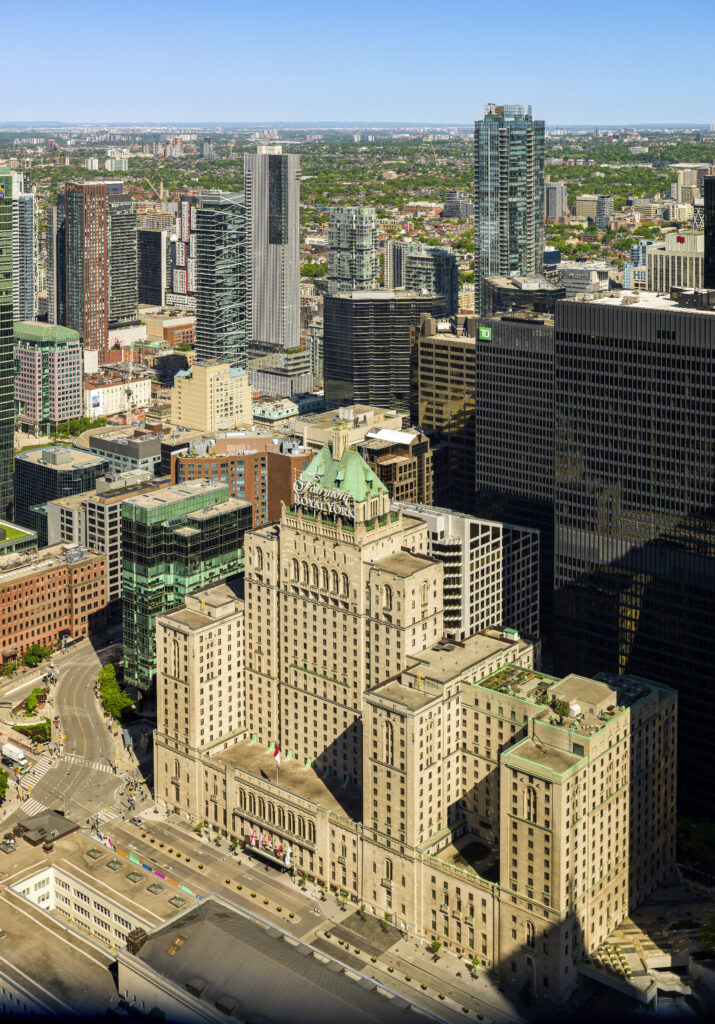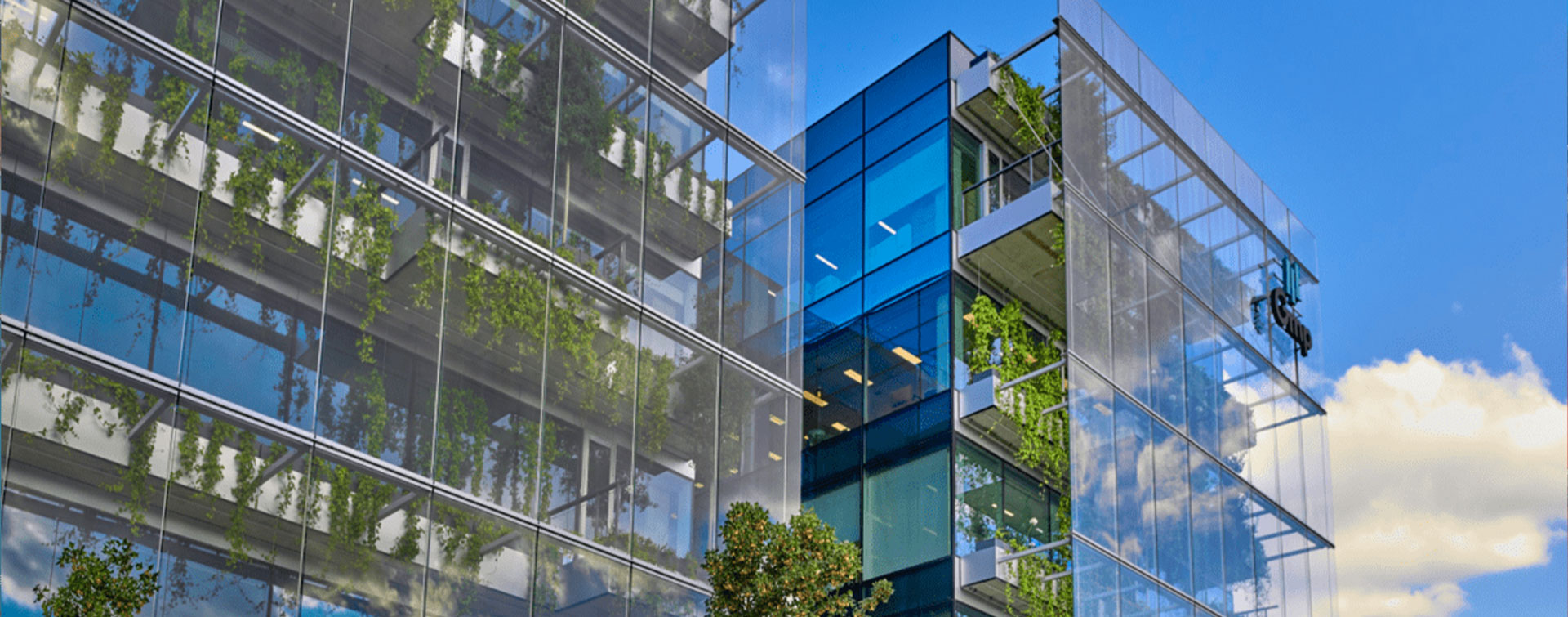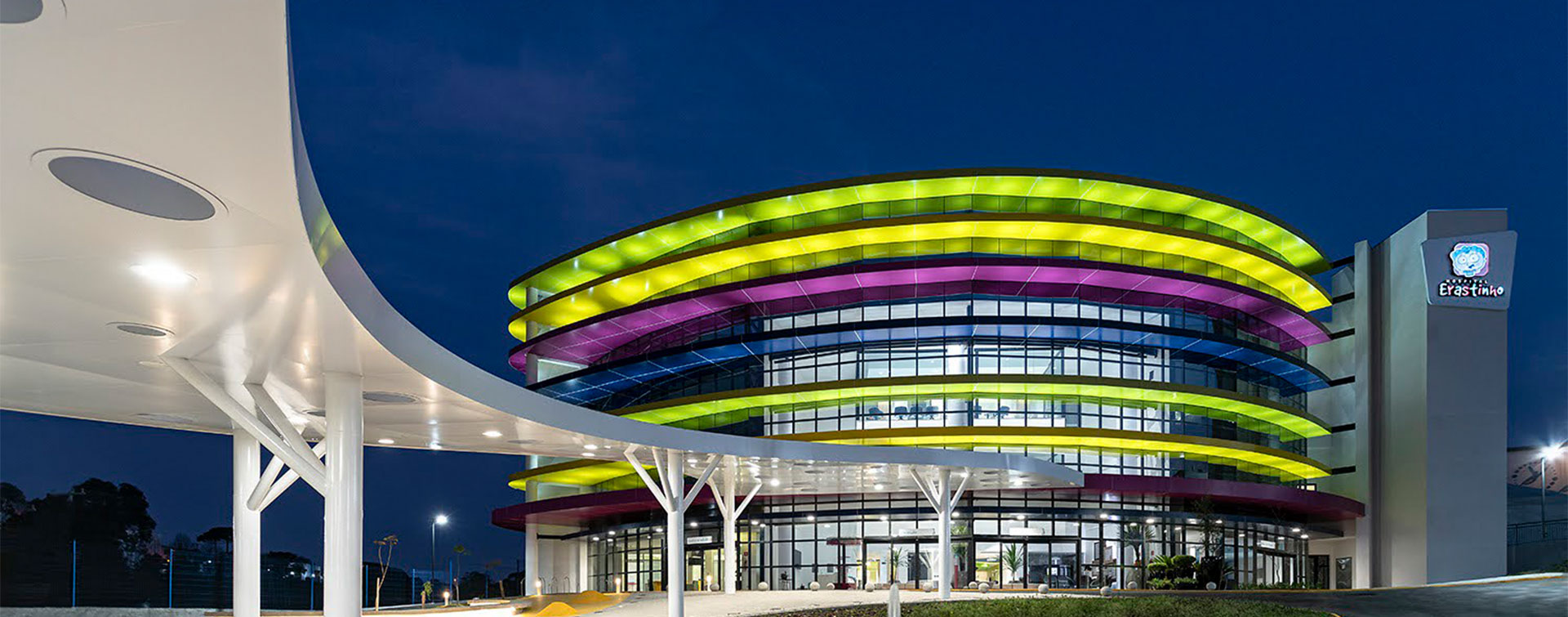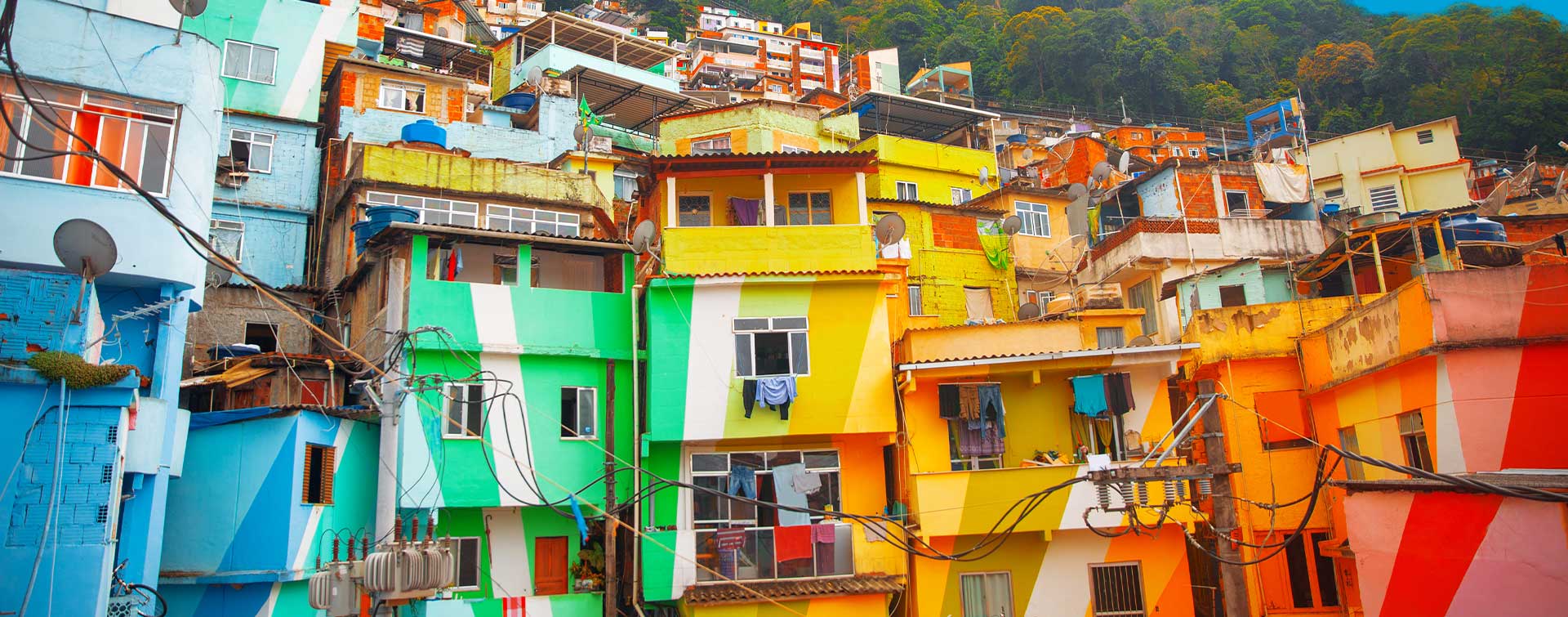 4 min
4 min
Accor is one of the world’s leading hotel groups. What are the pillars of its sustainability strategy?
Our strategy is based on three fundamental areas that structure our approach and our commitments. First of all, to let our guests enjoy a responsible stay. Running a hotel involves significant consumption of energy and resources. We are thus actively working to reduce our ecological footprint by cutting water and electricity consumption, improving energy efficiency and promoting eco-certification of our hotels. We work with demanding certification schemes such as Green Globe and Green Key to guarantee the environmental quality of our hotels.
We then need to offer our guests the opportunity to eat sustainably. The impact of catering is often underestimated in the hotel industry, yet it accounts for almost 20% of Accor Group’s CO₂ emissions. We have implemented a food waste reduction policy with ambitious targets, and in one year we have already achieved a reduction of at least 10%. We’re also reworking our menus to include more plant-based dishes and to favor products from short supply chains and more environmentally friendly farming.
Lastly, we want to encourage tourism that is more respectful of cultures and regions. Today, 95% of tourists are concentrated in just 5% of the world’s destinations, which can create undue pressure on some locations. We seek to promote more balanced tourism and develop partnerships to encourage sustainable mobility, so that people can explore the world in a different way.
Accor Group has more than 5,600 hotels worldwide. How do you manage to make them more sustainable?
It’s important to remember that we’re a service group, not a hotel owner. Our hotels are either franchised or managed under contract, meaning that the owners make many of the decisions, especially those concerning structural investments.
However, we have a key role to play as industry leader, and have developed several levers to drive sustainable transformation. One of our key tools is the ESG Scorecard, which measures the environmental, social and governance performance of hotels. This helps us to make an accurate diagnosis and suggest concrete areas for improvement to the hotel owners.
We thus position ourselves as facilitators, providing practical guides and solutions tailored to each hotel. We also help hotel owners find local funding and subsidies for energy retrofits and improvements. Lastly, we are working to raise awareness of the fact that sustainability is not just a constraint, but also and above all a lever to improve economic performance and make the hotel more appealing to guests.
Sustainability is now a key factor in attracting guests, and renovation always has been. How do you reconcile the two?
Renovation is a major challenge, not least because of the costs involved and the diversity of the properties we manage around the world. We thus need to adapt our strategies to local realities, while maintaining high standards of sustainability.
We have therefore put in place a structured approach based on several factors. First of all, we need to rethink the frequency of renovation and the need for renovation. Traditionally, it’s usual to renovate a hotel every 5 to 7 years for reasons of esthetics or comfort. We’re challenging this approach by encouraging a timeless design that can last longer. The aim is to limit unnecessary cosmetic renovation and opt for materials and fittings that retain their appeal and functionality over the long term. We also encourage a modular layout for rooms and public areas, to limit the need for frequent changes.
When renovation does become necessary, we encourage our hotels to incorporate solutions that improve energy efficiency and resource management. This includes the thermal and acoustic insulation of buildings, in particular by working on façades and glazing to reduce heating and air-conditioning requirements; use of materials with low environmental impact, such as timber from sustainably managed forests or solvent-free paints; installation of smart energy management systems, such as sensors that automatically switch off the air conditioning or heating when windows are open, or LED lighting with motion detectors to avoid waste; and lastly, the use of renewable energies, by incorporating solar panels and heat pumps or purchasing green energy whenever possible.
SEE ALSO THE INTERVIEWS IN THE SPECIAL REPORT :
Energy Challenge: Experts’ Visions
Lastly, we have introduced a number of initiatives to reduce the environmental footprint of our renovations. Rather than throwing out old furniture, we have launched in-house platforms for hotels to swap or reuse certain items. We also work with companies specializing in the reuse of materials. On the creative side, we work with designers and suppliers who share our commitment to sustainability. We thus choose recyclable materials, furniture that is designed to last, and environmentally friendly textiles.
Can you name some exemplary renovation projects, and outline their benefits?

The renovation of the Fairmont Royal York in Toronto (Canada) is exemplary. The hotel has completed an ambitious energy retrofit project that has reduced its CO₂ emissions by 80%, supported by joint funding from the Canada Infrastructure Bank.
Similarly, at the Novotel Lausanne Bussigny (Switzerland), we focused on insulating the façades, greening the roof and incorporating renewable energies to make this hotel a model of sustainability.
We are convinced that the future of the hotel industry lies in a smarter approach to renovation, going beyond esthetics and taking environmental and social issues into account. Our goal is to step up this transformation and turn each project into an opportunity to innovate and move towards a more sustainable model
* Brune Poirson stepped down from her role as Director of Sustainable Development at Accor Group in early April 2025.










